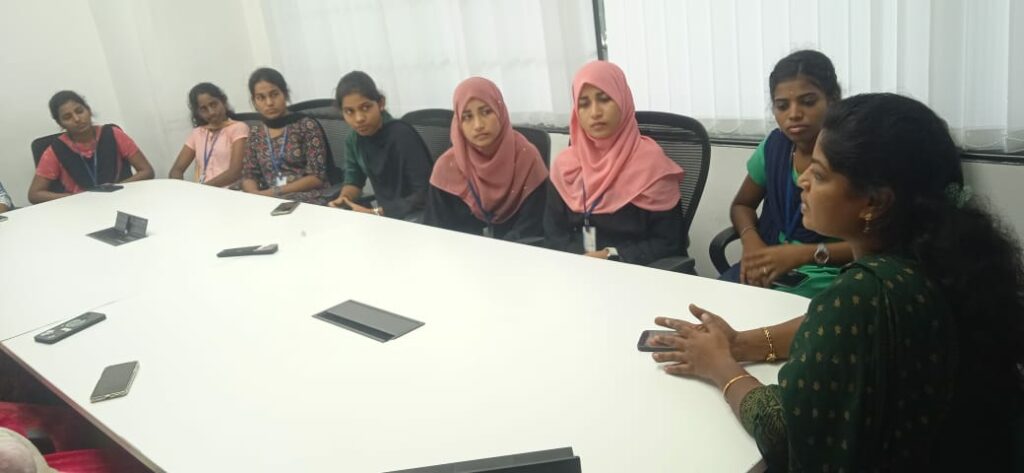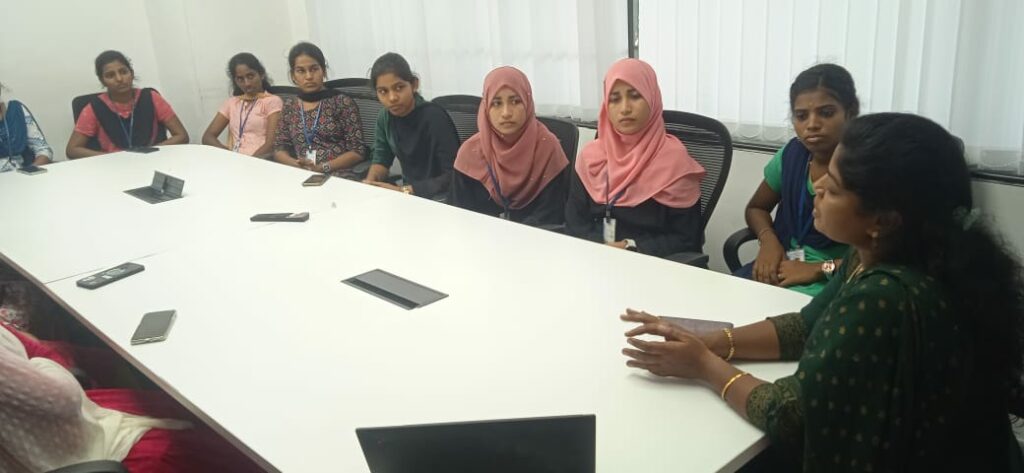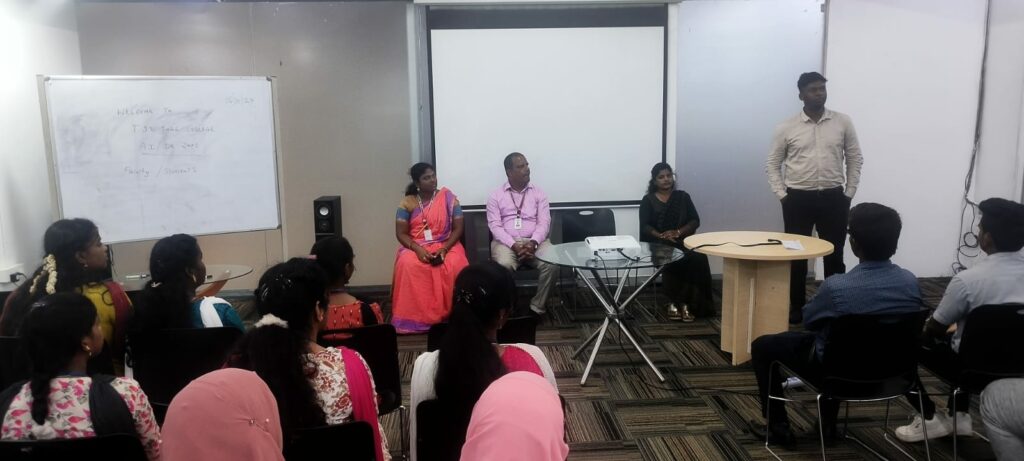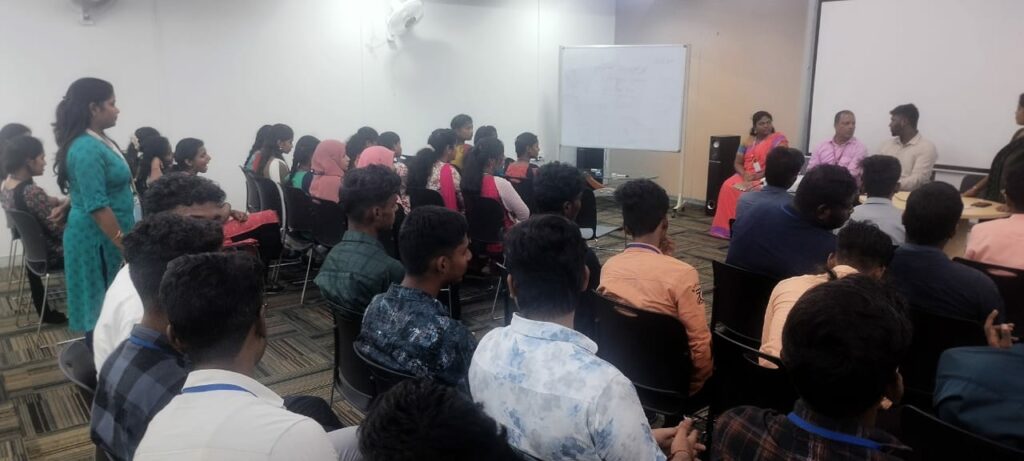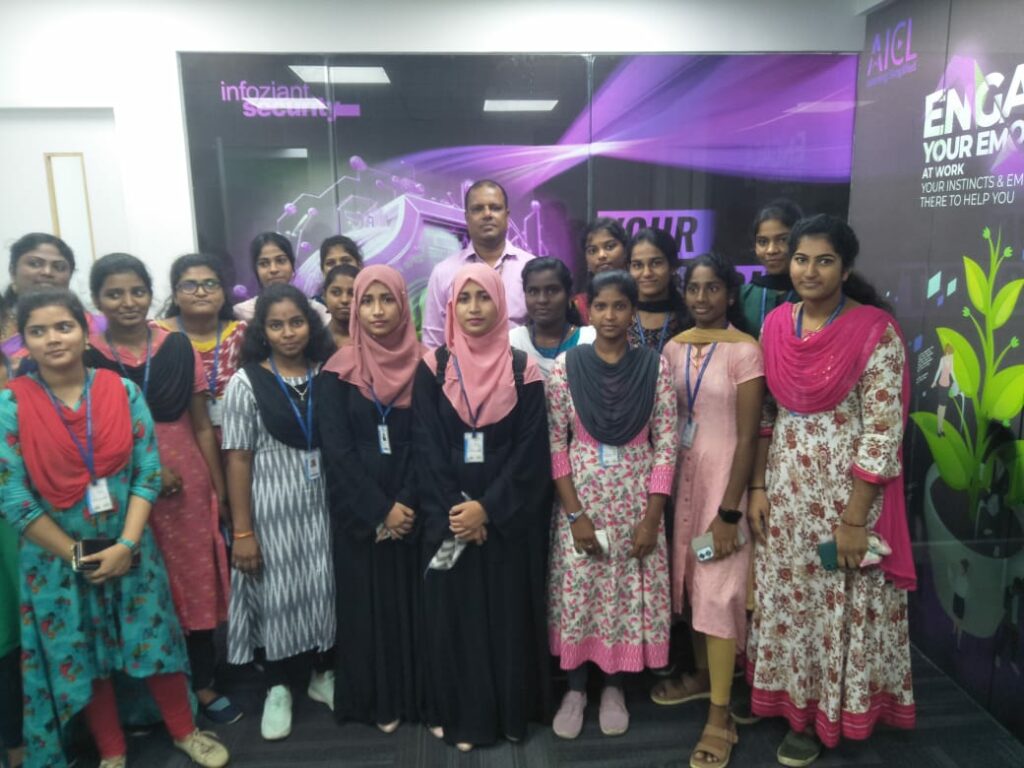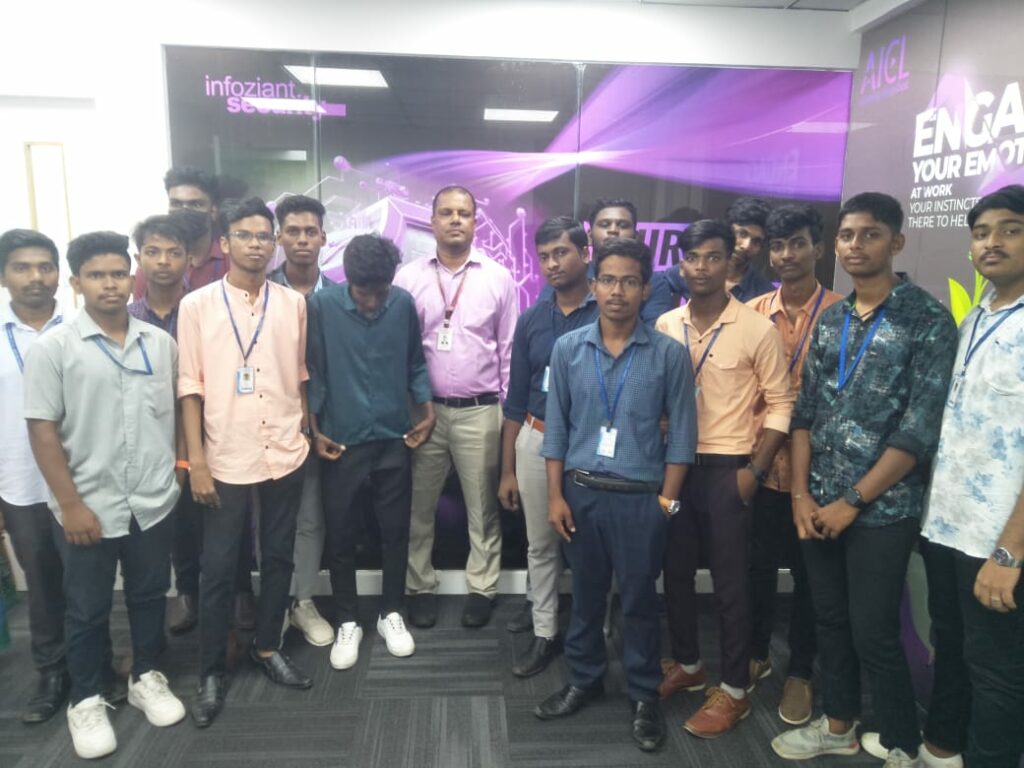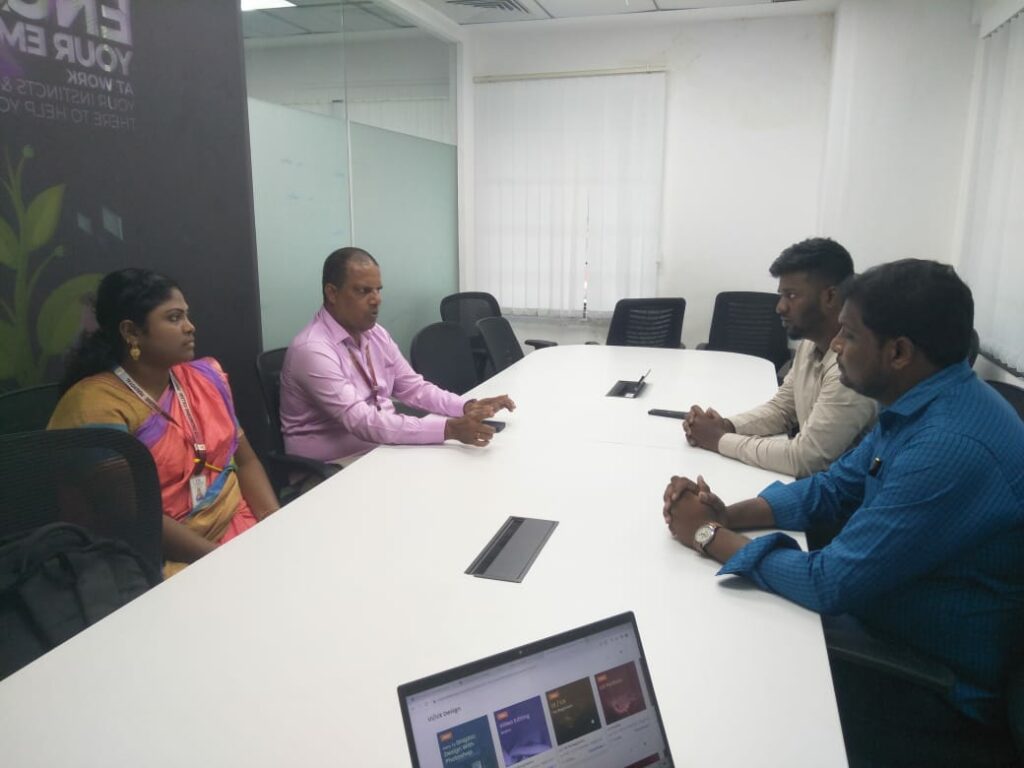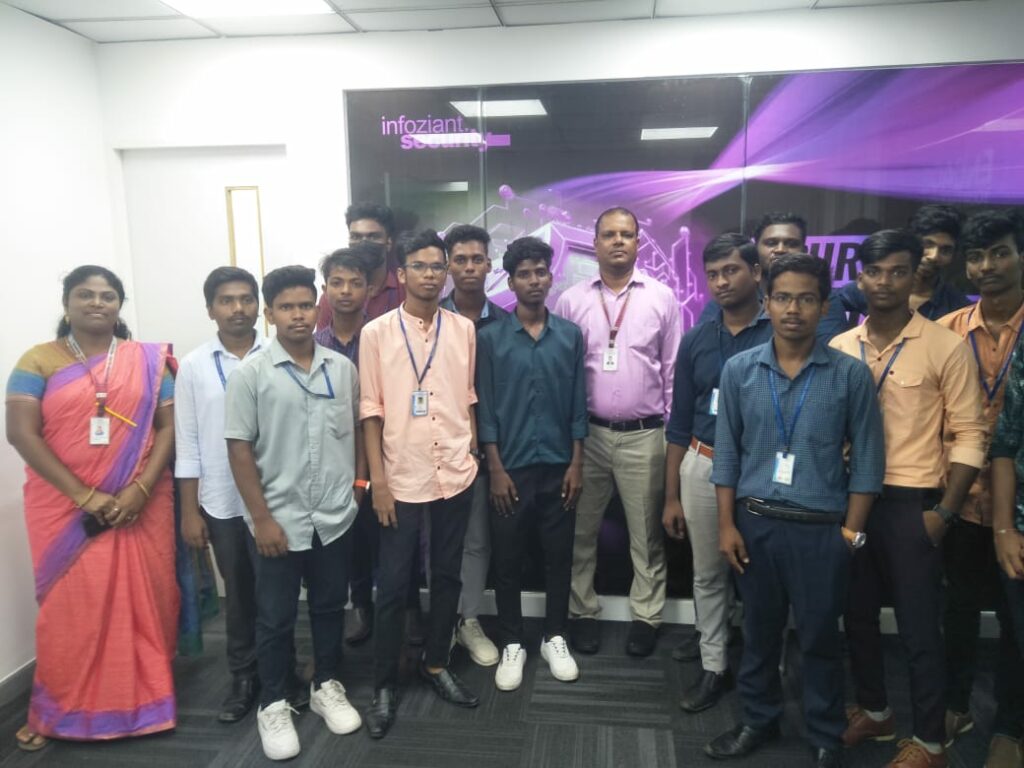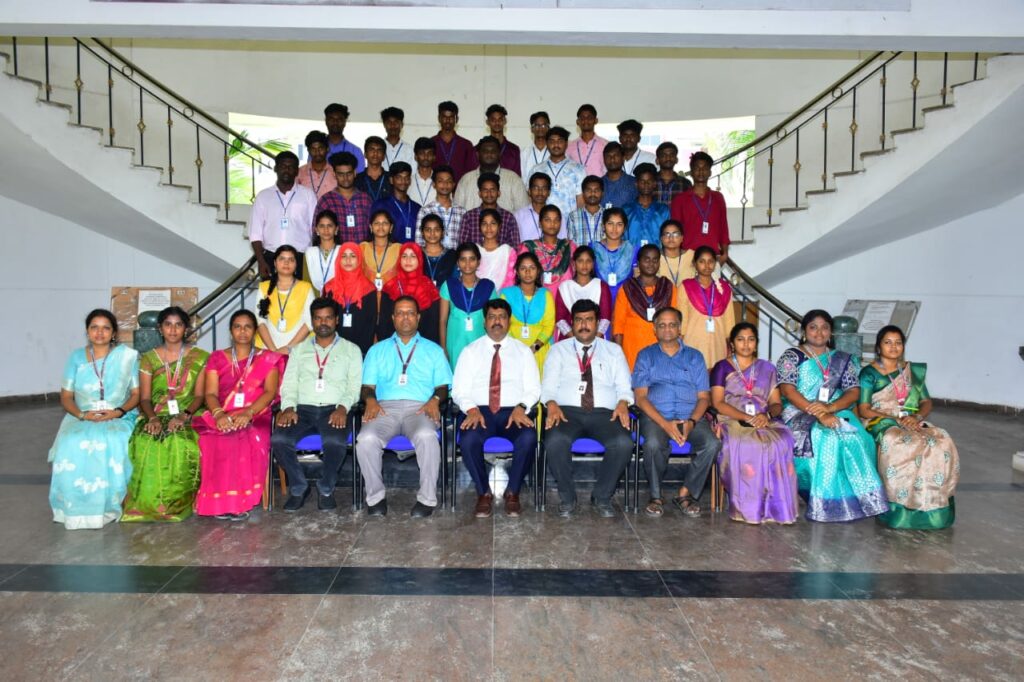admission@tjsec.in +91-44-2796 7604/600
- Home
- About TJSEC
- Administration
- Academics
- Research
- Admission
- Students Life
- Gallery
- RTI
- Placement
- IQAC
- Committees
- ERP Login
- Controller of Examination
- Information Corner
- UGC Undertaking Letter by HEI
- UGC-Mandatory Committees
- Contact us
- Online Grievance

